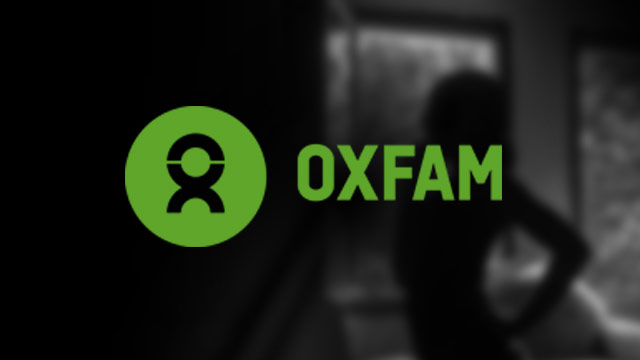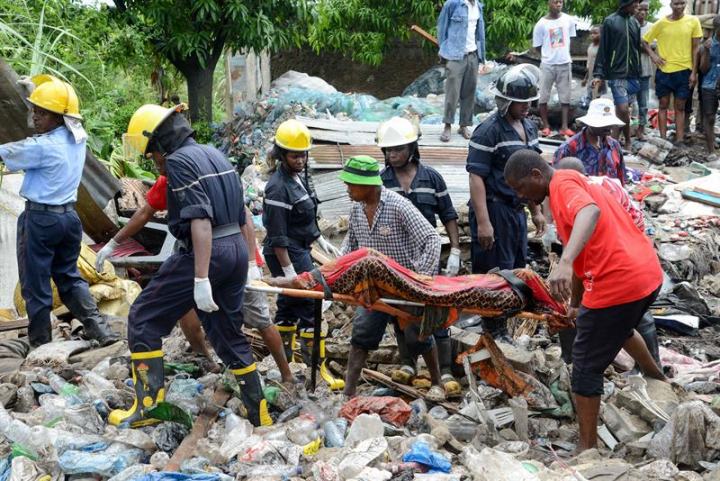
Oxfam chief executive Mark Goldring apologised on Tuesday for saying a wave of condemnation of the charity over sex abuse by its staff was disproportionate as it had not “murdered babies in their cots”.
He was being questioned by lawmakers over sexual exploitation in the aid sector following the scandal over the alleged use of prostitutes in Haiti in 2011 in the aftermath of the island’s earthquake.
Opposition Labour politician and International Development committee chair Stephen Twigg said Goldring’s comments in a newspaper interview were regarded by many as “grossly inappropriate”.
The Oxfam boss had been quoted as saying by Saturday’s Guardian: “The intensity and ferocity of the attacks makes you wonder, what did we do? We murdered babies in their cots?”
He added: “Certainly the scale and intensity of the attacks feels out of proportion to the level of culpability.”
Goldring apologised, saying he had been under stress after giving many interviews and thinking of the good work Oxfam was still doing around the world.
“I should not have said those things. It is not for Oxfam to judge issues of proportionality or motivation,” he told the committee.
“I wholeheartedly apologize for those comments, and commit to work in that greater public interest.”
On Monday, the charity released the findings of an internal investigation that found the country director in Haiti, Roland Hauwermeiren, admitted using prostitutes at his residence during a relief mission before resigning in 2011.
Allegations of sexual misconduct have shaken the aid sector, with Haiti’s president calling for investigations of other groups.
Britain and the European Union are reviewing the funding of Oxfam, one of the world’s biggest disaster relief charities.
On Feb. 12, Hauwermeiren said he felt ashamed, but added that some of the allegations in a Times newspaper report which first broke the story were untrue, and denied paying for sex with prostitutes.
Twigg said the International Development Committee would conduct a full enquiry into the issue of sexual exploitation in the aid sector.











